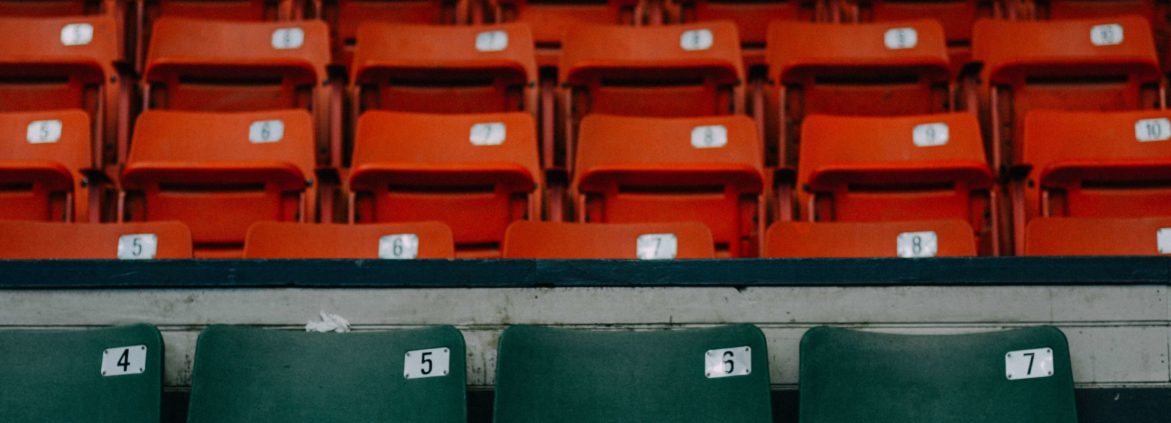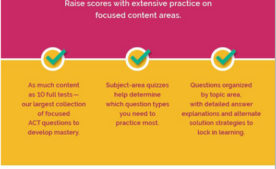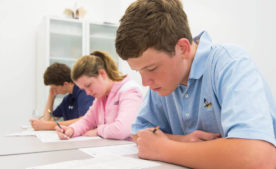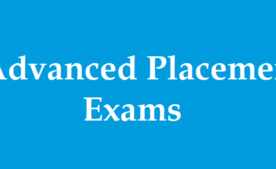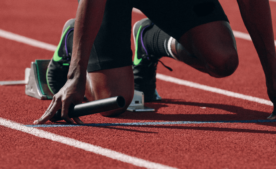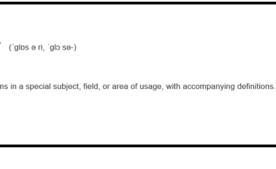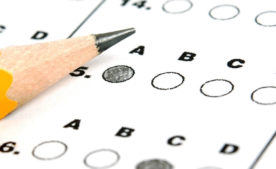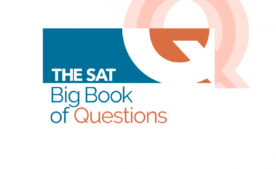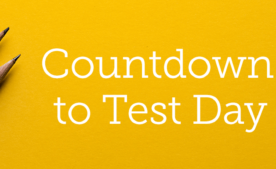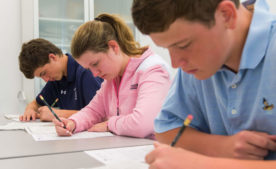Insights from Our Panel Discussion
We recently hosted a webinar with an expert panel of college coaches and athletic recruiting consultants to get their insights on the college recruitment process for student-athletes. In case you missed it, we’d like to share some of the key takeaways from the session. But it’s worth watching the recorded session in its entirety.
Our guest panelists were:
· Jon Furbush, Head Men’s Basketball Coach, Bates College
· Molly Hamrick, Assistant Women’s Rowing Coach, Stanford University
· Kim Chorosiewski, Ed.D., Educational Counselor/Athletic Recruiting, McMillan Education
· Kim Penney, Principal Consultant and Founder, One on One College Consulting
Here are a few key takeaways:
NCAA has specific rules around when coaches can reach out to athletes. This doesn’t necessarily mean that you cannot reach out to them. Spend time on NCAA.org to understand the basics around recruiting rules for your sport.
Timeline. All coaches want to ensure that admission officers will agree that their recruits will be a good academic fit for their institution. Generally, college coaches will ask for transcripts and your standardized testing plan after sophomore year. In addition, starting July 1 following junior year, the coach will do an “early read” with the admissions officers based on your junior year transcript and planned courses for senior year to get a sense of your admissibility. Always ask the coach for their specific timeline and process as it can vary from league to league and sport to sport.
College fit comes first when building your list. Don’t use athletic skill as leverage to get into a particular school if you know you won’t be happy there. Talk with schools at all different Divisions. Learn from current athletes about their day to day and outside interests while at school.
Due to COVID, the number of slots available for athletes may have been interrupted. Some current athletes are playing an extra year after a leave of absence during the pandemic, while others are staying an extra year to pursue graduate level studies. Ask coaches how COVID may impact their recruiting plans.
Relationships matter. Once you know the college is a good academic and social fit, reach out to the coaches to get in their database. Remember that the head coach is extremely busy so copying other members on the coaching staff is a good idea. Your email should contain quick, important information, not an overly lengthy message.
Don’t be afraid to hear no, it will get you closer to where you want to be. The recruitment process is a matter of putting yourself out there. Prospecting camps can provide feedback early in high school. Get feedback from coaches (either college or elite level). Surround yourself with people who can give you an honest assessment of your skills and don’t hesitate to ask for that direct, candid feedback.
This is an exciting time, try to enjoy the process. You’re meeting coaches and other student athletes, attending great camps, learning about different schools and their academic and athletic programs.
Remember that student athletes still need a competitive transcript and potentially competitive standardized testing scores. If you need tutoring help with school work or to get ready for the SAT or ACT, please reach out to us. We’d love to support you on this journey.
